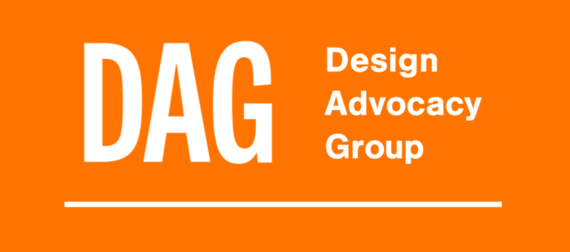Philadelphia is enjoying an incredible building boom. By recent count, there were no fewer than 97 residential development projects representing more than 10,000 homes or apartments and at least 34 commercial and institutional projects - 12 million square feet of space either under discussion or under construction. However, while most of us can agree that new development is necessary for the city's future health, it might not seem like a good thing if that new project is looming over our particular neighborhood.
The city's zoning and land-use codes need updating, although it doesn't look like that will be happening any time soon. The Philadelphia Planning Commission hasn't been empowered to produce a fresh and comprehensive vision for Philadelphia's future for far too long, even though most municipalities in Pennsylvania (other than Philadelphia) are required by law to have a comprehensive plan and update it every 10 years. So, although development is a positive thing for the city, there is really no currently accepted set of standards - other than the severely dated city plans and codes - by which the city government, much less its citizens, can judge which of the proposed new projects may or may not make sense.
The question we must ask is: Who is watching out for the public's interest?Under the City Charter, the Zoning Board of Adjustment holds most of the power. It is charged with giving final approval to any project that requires a variance from the zoning code - which is virtually every major project. Admirably, it tries to give weight to the wishes of community groups. At the same time, although there are no design professionals on the Zoning Board, it has ruled against the recommendations of the professionals who staff the Planning Commission in more than half the cases that appear before it.
To fill the void and to provide a public voice to advocate for good design, several members of the volunteer Design Advocacy Group
of Philadelphia have put together a list of 18 questions for community groups and individuals who wish to evaluate development projects and provide constructive feedback to developers, public agencies and elected officials.
The questions are arranged into three categories, and taken together, their answers provide a pretty good overview of what design is all about. Here is a brief summary:
Neighborhood context: These questions ask about the proposed use(s) and density of a project to determine whether it is appropriate to the neighborhood and its current identity and to the transportation infrastructure. Also addressed are any historic assets that may exist in the area and how they will be treated, along with any public amenities a developer might include.
Street life: The value of existing street life and maintaining a comfortable interaction between pedestrians and vehicles is explored here. Attention is focused on how the building would be located on the site and how its parking and landscaping are handled.
Building and site plan: Existing zoning and use regulations are handled here, and whether the variances being requested are consistent with the intent of the existing rules. The proposed building's effect on light and views from surrounding buildings is reviewed, and whether ecologically sustainable materials are to be used.
The first of our questions asks whether the developer has presented the project to local community groups or civic associations. And this is really where the process should begin: in discussions between developers and their designers and the communities where they wish to build.
We all are affected by the buildings that are constructed in our city. If the city's own agencies don't provide a clear vision of what makes sense, then we, as citizens, each need to do our own evaluation and come to our own studied conclusions.
Let's see if we all can affect the discussion positively - and improve the results.
Ed Bronstein and Tim Kerner are members of the Design Advocacy Group of Philadelphia.
Posted with the permission of the Philadelphia Inquirer


